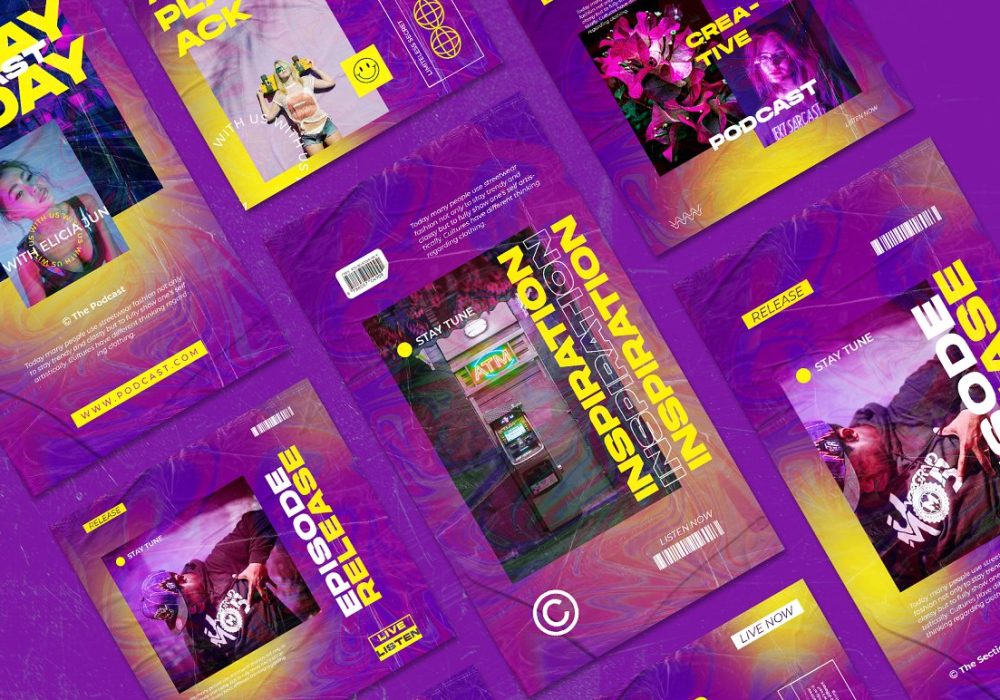SEO Keyword Research
- Home
- SEO Keyword Research
Get Found on Google with Keyword Research Services
Think of keyword research as a map that guides people to your business. It shows the exact words and phrases your customers use when searching online, helping you ensure they find you first. By focusing on relevant keywords, you can create content that matches what people are looking for and helps your business appear higher on Google.
SEO keyword research is finding the terms people type into search engines when looking for answers, products, or services. These keywords show your audience's needs, guiding you to create content that fulfils their requirements. You can improve your website’s rankings and attract the right visitors by targeting these terms. It’s a key step in building an effective SEO strategy.
SEO keyword research is essential for understanding how search engines connect people to the information they seek. Identifying relevant keywords isn't just about finding popular search terms. It's about understanding your audience's specific words when seeking services, products, or solutions. A thorough keyword research process assists you in prioritising the terms that will have the most significant impact on your visibility and audience engagement. Strategic keyword selection ensures that your SEO efforts do more than drive traffic. By focusing on keywords that attract visitors ready to engage or purchase, you will turn clicks into revenue and build consistent leads for your business. Whether you’re building a blog or optimising a product page, researching keywords for SEO ensures your content matches what people are searching for. This allows your website to meet search engine requirements while connecting with the right target audience.
Yes, SEO keyword research services can work for every niche — as long as people search for your business or related topics on Google. If your niche is highly specialised or offers a solution that people are still unfamiliar with, a keyword search for SEO can help you attract potential customers by addressing their pain points. By focusing on their challenges and questions, you can create content that educates your audience and introduces them to your product or service.
That said, keyword research services and SEO campaigns aren’t always the right fit for every business. Keyword research analysis can help you decide if SEO is worth the investment, though. For example, if the competition in your industry is extremely high, achieving results might require a budget or timeframe that isn’t feasible right now. In such cases, it might be more strategic to focus on building a presence on social media, leveraging third-party platforms, or exploring other marketing channels.
There are many valid reasons why your business might not need SEO services—either at all or at this point in its growth. A thorough keyword research analysis helps you make informed decisions about whether an SEO campaign is the right step or if other strategies would better align with your goals and resources.





Benefits of Strategic Keyword Research
Selecting the right keywords requires analysing these metrics to strike the perfect balance between traffic potential, relevance, and competition for search engine optimisation. What are the major benefits of the keyword research services?
You want to attract the right audience and grow organic traffic that resonates with them. You expect qualified traffic— visitors who are more likely to engage with your business meaningfully. For instance, a B2B software company specialising in project management tools might target “best project management software for remote teams” instead of generic terms like “software tools.” This approach ensures they’re reaching decision-makers who are actively looking for solutions that match their needs. Strategic keyword research connects your content to the right audience — whether it’s reading your expert article, requesting a demo, or signing up for a subscription.
Search trends evolve over time based on users’ search preferences. Staying relevant means adapting to these changes, and keyword research plays a crucial role in this process. Regularly updating your keyword strategy allows you to keep up with shifting search intent, new industry trends, and emerging keyword opportunities.
For example, a software company might notice increased searches for terms like “AI-powered tools” or “remote collaboration software” as technologies and work environments evolve. By analysing keyword data, monitoring search volume, and identifying trending long-tail keywords, the company can adjust its content to align with what its audience values most.
Staying ahead of trends doesn’t just mean chasing the latest buzzwords, it’s also about understanding your audience’s needs and adapting your digital marketing strategy to match. This ensures your content stays relevant, attracts the right visitors, and positions your business as a leader in your field—even as search engine results and user behaviour shift.
In the digital landscape, staying competitive means not just keeping up but outpacing others in your industry. SEO keyword research gives you the tools to do just that. By identifying valuable keywords and conducting keyword gap analysis, you can uncover shortcomings in your competitors’ strategies and position yourself as the go-to solution for your audience.
For instance, while your competitors may focus on broad, high-competition search terms, you can target long-tail keywords or niche search queries that align closely with your audience’s needs. This allows you to rank for terms they might overlook and attract visitors who are further along in their decision-making process—visitors ready to engage or make a purchase.
Regular keyword mapping also helps you monitor your competitors’ content and discover where they might be missing the mark. Are they ignoring specific industry trends or failing to address certain search intents? By addressing these gaps, you can create content that not only fulfils the needs of your audience but also outshines your competition.
What Metrics Are Important When Choosing Keywords?
To make informed decisions during the keyword research process, here are the key metrics to focus on:
Search Volume
Understanding search volume is essential for determining how often people search for a specific term. High-volume keywords can attract more traffic, but they often have higher competition. On the other hand, long-tail keywords with lower volume may still deliver qualified traffic if they align closely with what your audience is searching for.
Keyword Difficulty (Competition)
The keyword difficulty metric shows how hard it is to rank for a specific term. SEO tools used in keyword research services help to evaluate the competition in search engine results pages (SERPs). Balancing high-competition and low-competition keyword opportunities is key to achieving steady SEO results.
Relevance to Your Business
Even the most popular keywords are ineffective if they don’t match your offerings. Evaluating the relevance of keywords ensures they align with your products, services, and overall digital marketing strategy. Good SEO experts take the time to deeply understand your business and offerings — often through consultations — to ensure the chosen keywords closely reflect what you provide. This approach sometimes means prioritising strategic decisions over high monthly search volume, focusing on terms that attract the most valuable and qualified audience rather than simply targeting what is searched the most.
User Intent
User intent is the reason behind a search. Are people looking for information, products, or services? Identifying search intent helps you target specific keywords that align with your audience’s needs. For example, terms like “best accounting software” indicate commercial intent, while “how to file taxes” signals informational intent. A professional keyword research agency will aim to find the right balance between informational, commercial, and other types of intent by developing a broad keyword strategy. This ensures your content caters to different stages of the customer journey, from discovery to decision-making.
Cost Per Click Potential
For businesses running paid campaigns alongside their SEO efforts, cost per click (CPC) is an important metric to consider. High CPC keywords often indicate a strong commercial value, making them ideal commercial keywords to target for both paid ads and organic content strategies. These keywords typically attract users with higher purchase intent, making them a crucial part of a well-rounded SEO and digital marketing strategy.
SEO Keyword Research
Selecting the right keywords requires analysing these metrics to strike the perfect balance between traffic potential, relevance, and competition for search engine optimisation. What are the major benefits of the keyword research services?
What is Our Keyword Research Process?
To deliver effective results, we provide comprehensive keyword research services that ensure your business targets the most valuable search terms. From understanding your goals to analysing search rankings and finding keywords, every step is designed to align your SEO strategy with your business objectives. Here’s how it works:
Our keyword research services help your business find the most valuable, high-conversion keywords. We start by understanding your goals, analysing search rankings, and identifying the right keywords for your audience. We also review your existing content to determine whether it needs optimising, rewriting, or fresh content creation. As your trusted SEO partner, we ensure that every step of the process is designed to fit your business needs and deliver meaningful results.
Next, we create a list of seed keywords—the foundational terms that describe your products, services, and industry. This involves researching keywords for SEO, exploring competitor strategies, and using tools like a keyword finder for SEO to discover related terms. We also divide these keywords into categories for blog keyword research to create informative content and landing pages or product-focused keywords to drive conversions. This step lays the groundwork for more detailed keyword research and analysis.
Once we have a list of potential keywords, we conduct keyword analysis research to evaluate their potential. This includes analysing keyword volume, competition, and data to balance high-traffic terms and those with achievable rankings. We also examine your competitors' keywords to identify the ones they are targeting and uncover keyword opportunities they might be missing.
Finally, we examine search intent—the reason behind a search query. Are users looking for information, ready to purchase, or comparing options? Understanding intent helps us refine our keyword research strategy and ensure that our content aligns with what our audience is looking for. This step is critical in creating content that meets user expectations and supports our overall SEO strategy.
Get Your Keyword Research Report
FAQ
The time it takes to see results from keyword research services depends on several factors, such as your industry, competition, and current website performance. For highly competitive keywords, results may take a few months as your content ranks higher on search engines. For less competitive keywords, you might see improvements within weeks. Remember, SEO is a long-term investment, and consistent efforts yield the best outcomes.
Yes, we can provide ongoing support based on your needs. Whether it’s monitoring the performance of your keywords, updating your strategy as trends change, or creating new content based on emerging opportunities
The cost of keyword research services varies depending on the project's scope. Factors like the size of your website, the number of keywords analysed, and additional services (like content recommendations or competitive analysis) influence the price. Contact us for a custom quote.
We primarily use Ahrefs for detailed keyword research analysis and competitor insights. Occasionally, we incorporate Semrush to provide additional data and refine our strategies.
If you have already completed an SEO keyword search, the next step is to implement it into your SEO strategy. This includes optimising your existing content, creating new pages, and ensuring your site structure aligns with the targeted keywords. We can help with content creation, technical SEO, and strategy implementation to maximise the value of your keyword research.
Haven't found the answer that fits your problem?
Frequently asked questions about keyword research services.



